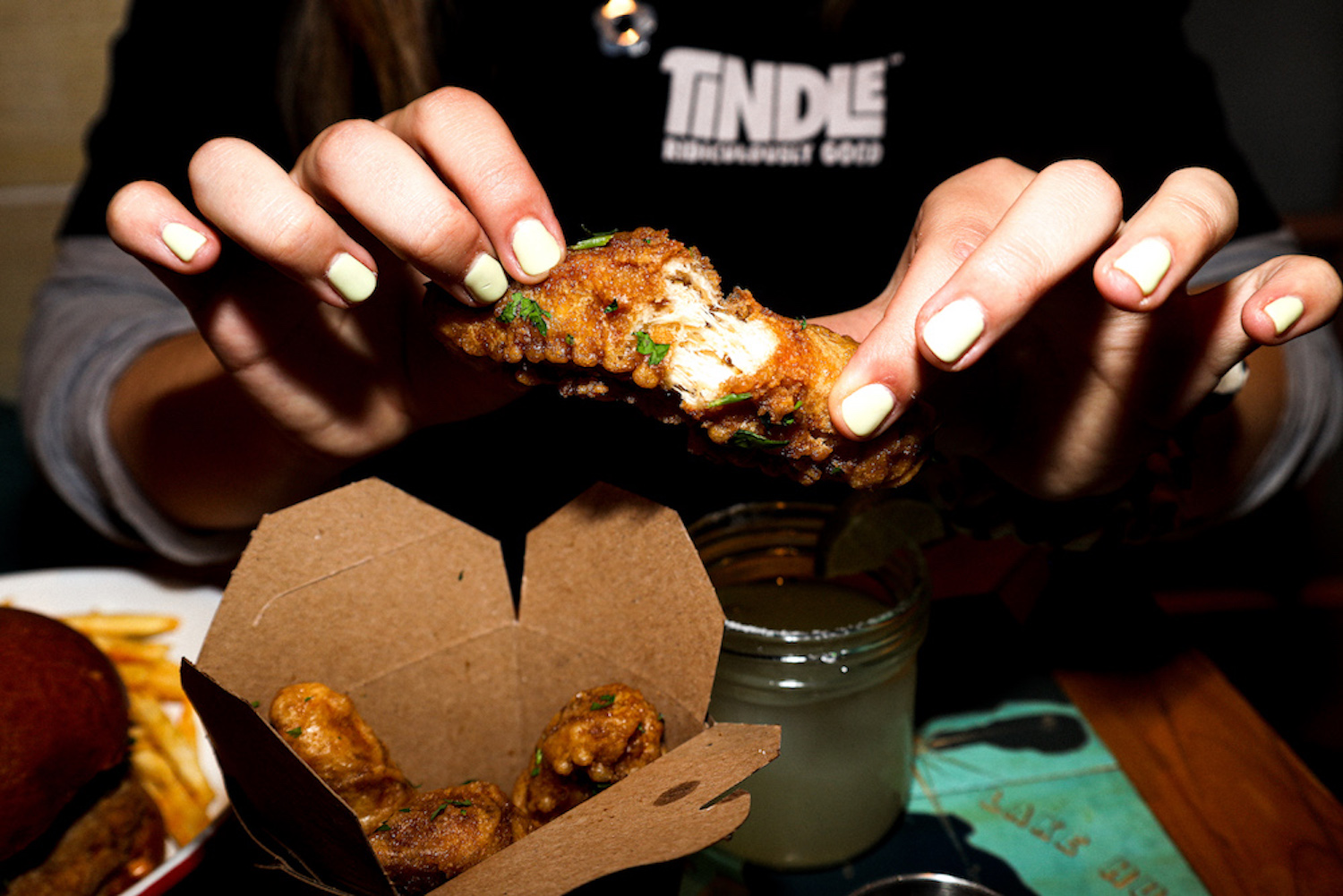Japan’s Sumitomo Corp. will begin selling insect-based feed for farmed fish in Japan later this year, becoming the country’s first large trading house to do so.
Insects are attracting global attention as a valuable source of protein amid decarbonization efforts. The company aims to import and sell 30,000 tonnes of insect feed by 2030.
Sumitomo recently acquired exclusive distribution rights in Japan from Singapore-based startup Nutrition Technologies, in which it has a stake. The startup grinds larvae of black soldier flies into a powder to make fish feed and pet food. Nutrition Technologies produces about 3,000 tonnes of insect feed annually, which would make it the second-largest volume in the world.
Sumitomo’s target sales will account for 7.5% of the 400,000 tonnes of fish meals consumed in Japan. The price will be around JPY 200,000 (USD 1,490) per tonne — about the same as that for a fish meal.
Nutrition Technologies hopes that the sustainability of the product will be key to its competitiveness. For example, the company buys wood waste generated from the production of processed food from makers and feeds it to the flies.
This also helps the makers cut carbon dioxide emissions, as the wood waste would otherwise be burned.
In addition, no heating devices will be needed for growing the flies, as the company’s plants are located in Southeast Asia to take advantage of the tropical climate. Two competitors in the industry, Protix of Holland, and Innovafeed of France, have larger production capacities but need electricity for heating due to their facilities being in Europe.
Japan’s insect feed market is still small and there is very little data available about it. The country’s edible insect market — which is said to be larger than that for insect feed — came to around JPY 1.4 billion in 2022, according to Osaka-based TPC Marketing Research.
The market for insect feed is expected to grow rapidly overseas. The global market for insect-based alternative protein for human consumption and animal feed is forecast to reach about JPY 1.3 trillion by 2030, up from JPY 17.5 billion in 2020, according to US-based Meticulous Research.
Sumitomo hopes to accumulate marketing know-how in Japan for later use when it taps into global markets.
Insect protein is attracting attention as sustainable feed, as CO2 emissions from its production can be vastly reduced. According to some estimates, the production of 1 kilogram of insect-based protein can be virtually CO2-free.
Other Japanese trading houses and startups are also betting big on insect feed, as it seems more acceptable to consumers than edible insects.
Marubeni and French insect farming startup Ynsect reached a basic agreement to cooperate in entering the Japanese market in March. The two will conduct research and development of insect feed for farmed fish, including red sea bream and yellowtail. They also plan to build production bases in Japan using Ynsect’s technology.
Nagasaki University-launched startup Booon began research into a unique way of growing mealworms. The technology uses container-type equipment to reduce environmental loads and costs.
While the United Nations estimates that the world population could increase by 23% from 2021 to 9.7 billion in 2050, it is unclear if enough protein sources can be secured to feed the growing population.
Amid a global decarbonization trend, protein sources whose production emits large quantities of CO2 are facing headwinds. Insect feed could provide a way to improve the situation.
This article first appeared on Nikkei Asia. It has been republished here as part of 36Kr’s ongoing partnership with Nikkei.

